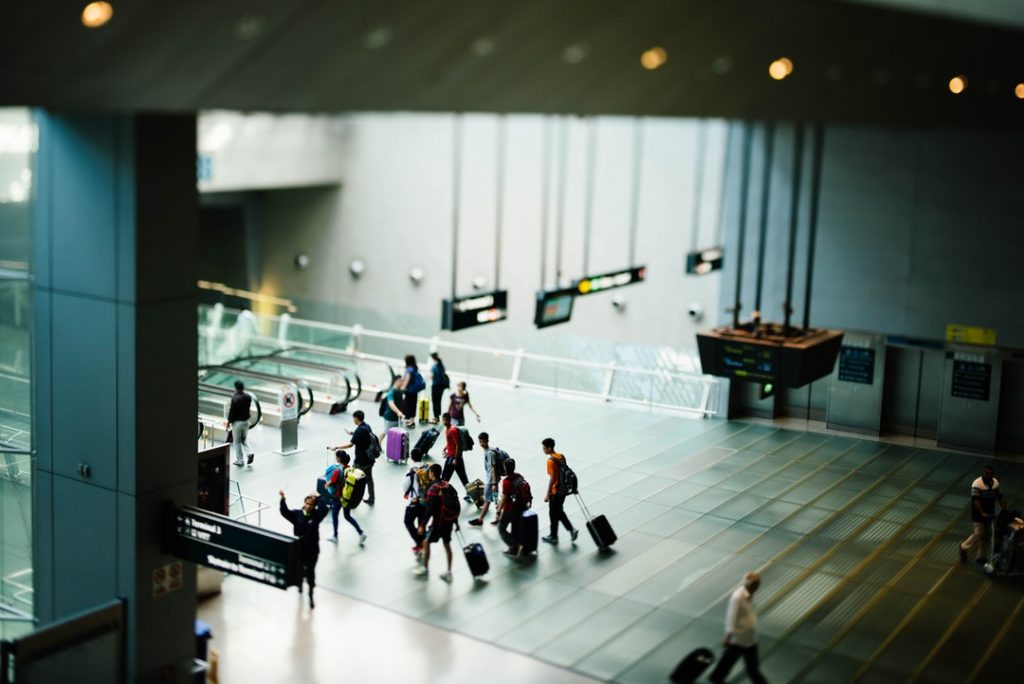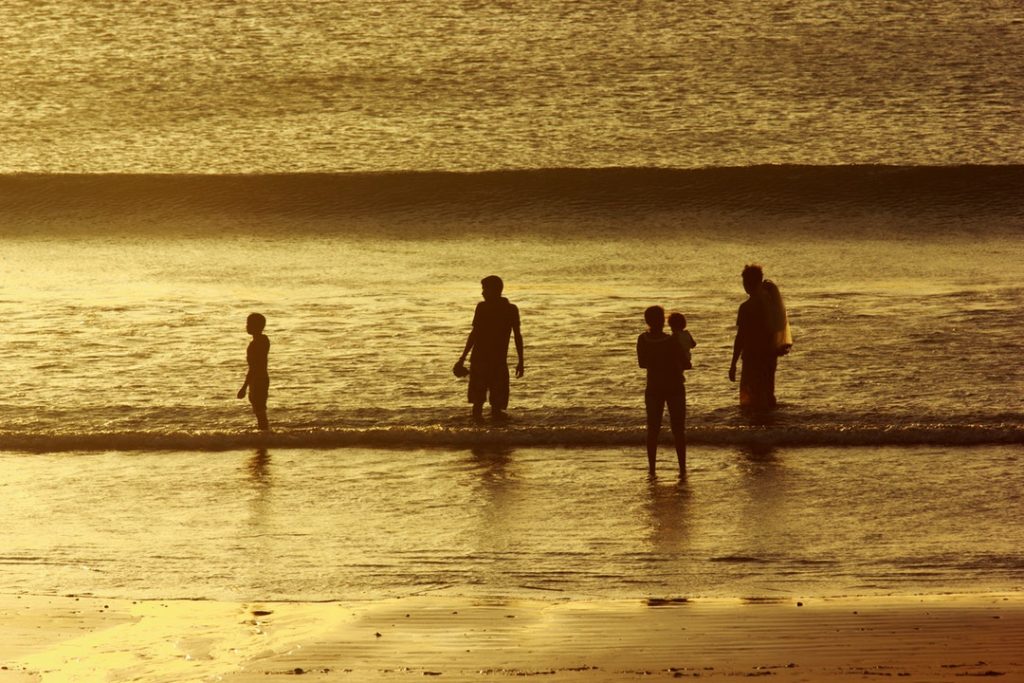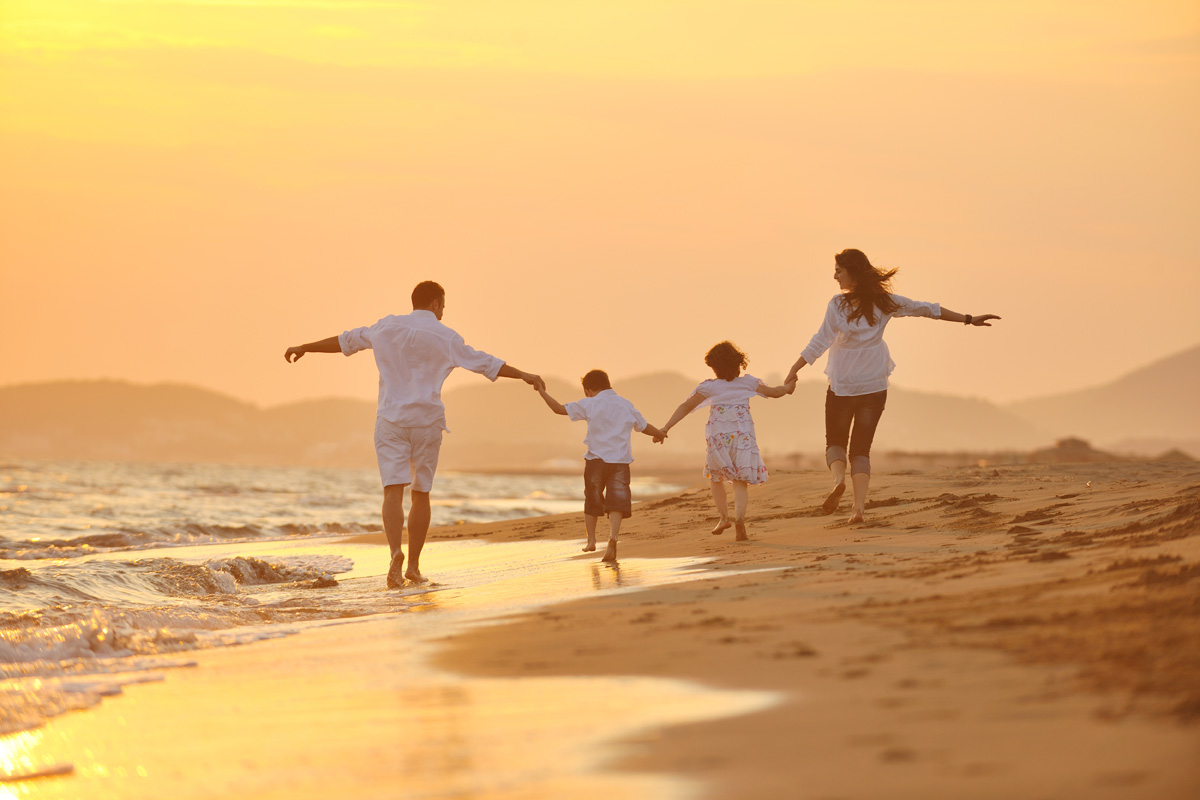In 2013, my parents and I signed the Treaty of Milford Sound. The terms were as follows:
1.No holidays outside of Southeast Asia. The furthest we may travel is Hong Kong/Melbourne
2.No holidays with a duration of more than 7 days.
The reason was simple. Between our differing interests, energy levels, and ideas of what travel should be, family holidays had long since ceased to be enjoyable. In that final trip to New Zealand, we argued non-stop about where to eat, when to sleep, and even what photographs to take.
But the breaking point came at Milford Sound, when my father insisted on a kayaking expedition that he was physically unequipped to undertake.
You know that penultimate scene in LOTR where Sam carries a weakened Frodo on his back to the maw of Mount Doom? Yeah, that’s what paddling us back to shore felt like, but missing the catharsis of—spoiler alert—killing Sauron. On land, I collapsed into bed shivering with fever, slept for 20 hours straight, and awoke with a resolution: No More Family Holidays. Ever.
A terrible shame, because family vacations were the source of my best childhood memories. It saddened me to think that what was once the highlight of every school holiday had been reduced to an ordeal, punctuated only by occasional pleasure.

The treaty may have been an unorthodox measure, but the feelings that led to its creation are not.
Past a certain age, family holidays become something to be tolerated rather than enjoyed. With them treating us like kids, refusing to try new things, and getting annoyed at accidental detours, the mid-20s family vacation can feel like a test of patience and filial piety, far removed from the platonic ideal of a carefree holiday.
But to dismiss this subject as yet another example of ‘ungrateful, entitled millennials’ would be mistaken. The Asian Family Holiday is a unique psychodrama that offers layer upon layer of psychological and cultural intrigue.
After all, most millennials confess to a similar love-hate relationship with the family holiday.
Although most of us trot off faithfully every year with our parents for a Seoul Sojourn or a few days in Perth/Bangkok, few of us look forward to these trips with the eager anticipation we reserve for travels with friends or SOs.
Okay, that’s putting it lightly. In truth, many (including me) hate the Family Holiday with a passion. We hate being confined by our parents at 25, and we hate ourselves for hating our parents.
Here’s my friend Renee expressing her frustration towards her Dad:
“Wherever we go, my dad would insist on eating Asian food. If we go to try some local cuisine, he would order soup or something and sit there looking uncomfortable.”
Here’s friend Zack, describing a brief mental breakdown in Japan:
“Confirm got temper lah. Mostly it’s the situations we can’t account for. In Hokkaido, we took a wrong turn and got lost so my parents got restless and started scolding. It makes me upset as well so I got out of the car and said: ‘I am not driving anymore’.”
The litany of petty grievances goes on, but you get my point.

On a superficial level, the family holiday combines run-of-the-mill travel troubles with everyday familial bickering. This is normal. This is mundane. Tensions are bound to boil over when you’re trying to find a hotel or your AirBNB at 3 AM, with 30 kg of luggage and 12 hours worth of jet lag in tow.
When you finally open the door to find a room without a toilet and decrepit towels who are old enough to smoke, even the most Gandhi-esque of personalities lose their cool.
This tension is made all the more uncomfortable because if you are in your 20s, the responsibility of planning usually falls upon your shoulders. When the post-fuck-up blame-game begins, you know you’re ‘at fault’ even if everyone tactfully avoids pointing fingers.
At this point, something has to give. If you are traveling with friends, a quarrel would break out; everyone vents their frustrations and things soon return to normal when the pressure is released. Worst case scenario: you go your separate ways for a bit and let the wonders of a foreign land heal your wounded feelings.
Not so for a family holiday, where you can’t vent your feelings because they are your parents and you are a good son/daughter. You can’t yell, “Oh fuck off, it looked fine on Tripadvisor!” because they trusted you to make a good decision and you failed.
Wandering off by yourself is not an option either because they’re the ones paying and you will feel like an asshole. In any case, even assholes like me are not heartless enough to leave Mom and Dad to the mercy of Berlin’s indecipherable subway system.
So instead, you mutter an apology through gritted teeth.
After a while, the one-way street of filial duty takes its toll. Answering to their needs 24/7 whilst wearing the mask of perfect civility causes the tension to simmer until it reaches breaking point.
If you’re the patient, long-suffering sort, this becomes dead-eyed exhaustion.
If you have a temper like Zack, you might just find yourself pulling the handbrake beside a desolate highway.
Even if everything falls into place without a hitch, you still can’t escape the cultural/generation gap that divides you and your parents. In the past 50-odd years, Singapore has transformed itself from a third-world fishing village to a first-world human juicer, and nowhere is this transformation more readily visible than our skyline and our ideas about travel.
Our parents grew up with package tours, which most Millennials wouldn’t touch with a laundry pole. They prefer the touristy joys of sightseeing and shopping, while we crave more ‘authentic’ adventures. Their stomachs, unlike our more cosmopolitan ones, require ‘Asian’ food to balance out the kebabs.
Hence, the family holiday becomes an exercise in compromise and negotiation. But more often than not, it’s the kids who have to compromise because the parents are parents and they’re paying for the whole shebang.
Unfortunately, it’s not so easy to repress the holiday mood simply by chanting ‘filial duty’ like a Gregorian monk. Some part of you remains excited to be in Japan/France/Greece/Kazakhstan and it’s impossible to escape the feeling that this holiday could be so much more exciting or adventurous or interesting if your parents could simply … stop being your parents for a bit.

Renee puts it most succinctly: “You love the idea of spending time with your parents, but you feel annoyed when actually spending time with them.”
It sounds selfish, but this captures what a holiday should be. What’s the point if it simply replaces one set of responsibilities with another? What good is travel without self-indulgence, or as New York magazine calls it: ‘the world-is-your-oyster feeling.’
The answer is, of course, your parents. You want them to have a good time and to be happy. You want to repay them for those childhood holidays where sacrifices were made for your happiness.
It seems wrong to leave a debt unpaid and that’s why I broke the Treaty of Milford Sound 2 years later by agreeing to a long holiday in the United Kingdom. For about 2 weeks, we went around doing all the usual touristy things. Every evening, I arranged an Uber to Bayswater, where my parents supped happily on Cantonese staples.
Did I feel happy? The honest answer is both yes and no. No, because London had much more to offer than fried rice with Siew Lup. But yes, because it made me happy to see my parents happy. I did not enjoy eating overpriced British Zi Char, but there was pleasure in organising a holiday that was damn near perfect in every single detail.
It didn’t feel like a holiday at all, but it was quite alright. I enjoyed my stint as a Confucian role model.
Have something to say about this story? Write to us at community@ricemedia.co.








